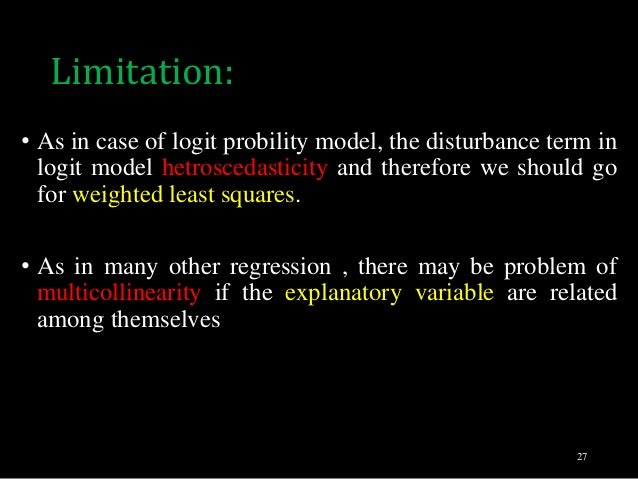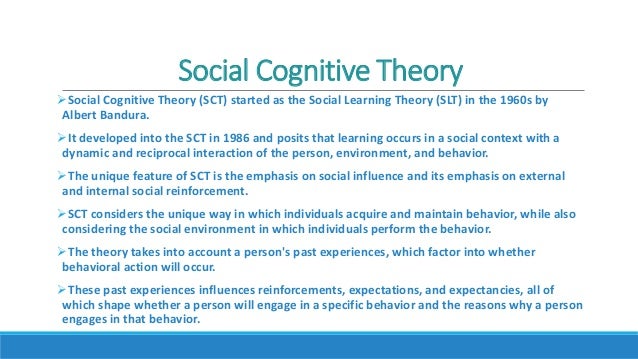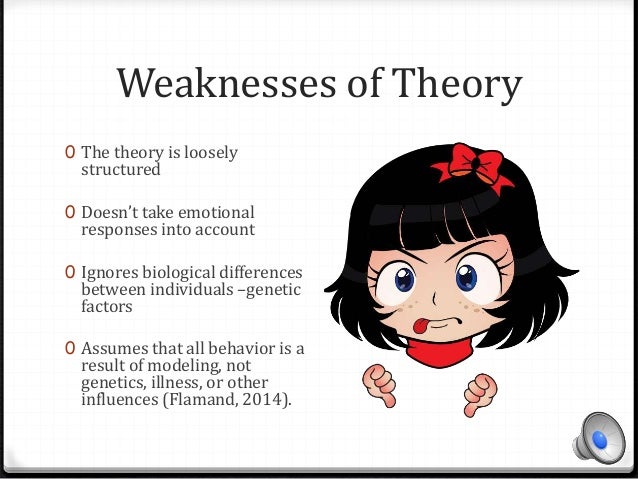It is assumed that the cause and effect relationship between the variables remains unchanged. Finally the dependent variable in logistic regression is not measured on an interval or ratio scale.
 Logistic Regression Analyses Of Functional Limitations Status By Download Table
Logistic Regression Analyses Of Functional Limitations Status By Download Table
Main limitation of Logistic Regression is the assumption of linearity between the dependent variable and the independent variables.

Limitations of logistic regression. Logistic regression assumes linearity between the predicted dependent variable and the predictor. First logistic regression does not require a linear relationship between the dependent and independent variables. Logistic regression attempts to predict outcomes based on a set of independent.
Since linear regression assumes a linear relationship between the input and output varaibles it fails to fit complex datasets properly. Lets consider an example to better understand this. It seems to me that the multiple regression model is an exception because the current plots of multiple regression model seem to lack the ability to communicate efficiently even to the educated.
Disadvantages of Logistic Regression. In layman terms we can define linear regression as it is used for learning the linear relationship between the target and one or more forecasters and it is probably one of the most popular and well inferential algorithms in statistics. Linear regression as per its name can only work on the linear relationships between predictors and responses.
SVM Deep Neural Nets that are much harder to track. In the real world the data is. In most cases data availability is skewed generalization and consequently cross-platform application of the derived models will be limited.
8 Zeilen The major limitation of Logistic Regression is the assumption of linearity between the. Disadvantages of logistic regression Logistic regression fails to predict a continuous outcome. Despite the above utilities and usefulness the technique of regression analysis suffers form the following serious limitations.
Logistic regression works well for predicting categorical outcomes like. It is also transparent meaning we can see through the process and understand what is going on at each step contrasted to the more complex ones eg. Second the error terms residuals do not need to be normally distributed.
Although we can hand-craft non-linear features and feed them to our model it would be time-consuming and definitely deficient. The Disadvantages of Logistic Regression Identifying Independent Variables. Third homoscedasticity is not required.
Finally we still have no. In such situations a more complex function can capture the data more effectivelyBecause of this most linear regression. As you have seen from the above example applying logistic regression for machine learning is not a difficult task.
This means if two independent variables have a high correlation only one of them should be used. In most real life scenarios the relationship between the variables of the dataset isnt linear and hence a straight line doesnt fit the data properly. In the example we have discussed so far we reduced the number of features to a very large extent.
Logistic Regression is just a bit more involved than Linear Regression which is one of the simplest predictive algorithms out there. While regression analysis is a great tool in analyzing observations and drawing conclusions it can also be daunting especially when the aim is to come up with new equations to fully describe a new scientific phenomenon. Logistic regression is easier to implement interpret and very efficient to train.
However it comes with its own limitations. Repetition of information could lead to wrong training of parameters weights during minimizing the cost function. One variable is viewed as an.
Logistic Regression requires moderate or no multicollinearity between independent variables. Linear regression endeavours to demonstrate the connection between two variables by fitting a linear equation to observed information. The logistic regression will not be able to handle a large number of categorical features.
People are viewed as so dynamic that it is difficult to implement the theory in its entirety. The third limitation is the fact that the theory does not focus on motivation and emotion since the focus is only through past experiences so the focus on these areas is minimal.
Self-efficacy is a mediating variable in the model and is.

Social cognitive theory limitations. Ignoring Standard Milestones Unlike stage models of child development social learning theory doesnt hinge upon a distinct progression of learning and growth that is chronological or age dependent. Moreover in terms of the methodological approach Piagets theory had some ethical and bias problems as he studied his own children. Focused on important theoretical issues eg role of reward in learning the.
Limitations to the Model. Since this theorymodel focuses greatly on only a portion of an individual and their personality their own self as a whole can be missed since it isnt taken into. However despite this assertion surprisingly few studies manipulate televised message.
Piaget also neglected cultural and social interaction factors in the development of childrens cognition and thinking ability. Limitations of the model include the following. There are certainly limitations to this theory and the first limitation is that we should change the way we think to change how we behave and feel.
Limitations of Social Cognitive Theory Loosely Structured. Because social cognitive theory is so broad it has been criticized for lacking any one unifying. However this theory has several limitations.
A major component of the theory is observational learning. The theory also has the limitation of poor organization and therefore provides the challenge of understanding the actual behaviors. But collaboration and participation differ for every individual and thus inequalities exist for each person.
A student with autism for example may not extract the same meaning from group interaction. Social Cognitive Career Theory or SCCT is different to but at the same time complements both Person Environment or trait and factor theories as well as developmental theories Lent 2013 pp. Cognition is defined simply as a process of our thinking.
Symbolizing capability forethought capability vicarious capability ability to learn through observationimitationmodeling others behaviors and attitude self-regulatory capability and self-reflective capability. According to this theory human functioning is described in terms of a number of basic capabilities. Bandura 1986 2002b which suggests that depictions of liked characters experiencing either rewards or punishments for their actions will influence viewers to be either more or less likely to perform those behaviors themselves.
Because social cognitive theory is so broad it has been criticized for lacking any one unifying principle or structure. Limitations of Social Cognitive Theory. The theory views people as active agents who both influence and are influenced by their environment.
Instead implementation is likely to focus on one or two concepts such as self-efficacy. Not a fully systematized unified theory. It defines the very act of.
The view of this theory as neglecting to consider the childs development across all of the domains is a potential weakness. This isnt always as easy as it might appear. However it ignores that as people move through life their behavioral patterns can change drastically with little change to their environment.
An evolving theory that is open to change 4. Despite this limitation CBT has become the 1 treatment. An evolving theory.
Concerned with important human social behaviors 3. The theory assumes that changes in the environment will automatically lead to changes in the person when this may not. It has been said by researchers that in the Social Cognitive Theory its perspective can ignore the internal and unconscious thought processes and emotions.
According to Albert Bandura behavior is largely learned. Strengths of Social Cognitive Theory. Perhaps the most often cited strategies stem from social cognitive theory SCT.
It was hypothesized that a PA intervention program based on the social cognitive theory SCT will modify fasting blood sugar FBS among rural people with prediabetes which in turn will result in a decrease in diabetes incidence in the rural area. The process of learning desirable and undesirable behaviors by observing others then reproducing learned behaviors in order to maximize. It incorporates Banduras triadic reciprocal model of causality.
The theory is loosely organized based solely on the dynamic interplay between person behavior and environment. Social Cognitive Learning Theorys Limitations Strengths and Weaknesses 1. Advocates of the social cognitive theory also assume that behavior is primarily learned through observation expectation and reinforcement.
Accumulated an impressive research record 2. Differences in skill-set are always present offering constraints in learning. Concerned with important human social behaviors.
Focused on important theoretical issues eg role of reward in learning the stability of behavior. Social Cognitive Theory SCT proposes that the environment behavior and personal and cognitive factors all interact as determinants of each other 514. Social cognitive theory was developed by Stanford psychologist Albert Bandura.
Accumulated a large research record. However SCCT is closely linked to Krumboltz Learning Theory of Career Development. Theory viewed social groups as being a whole and equal with the probability to take out the same meaning from social interaction.
Halaman
Monash
Labels
-
The less-used punctuation symbols are virgule underline ellipsis points square brackets etc. The Well-Known Punctuation Errors to Know Befo...
-
Only the nursing regulatory body to which you applied can release your official results which will be sent to you approximately six weeks a...
-
If certain topics names or concepts appear more than once underline or highlight them and make sure they are prominent in your study guide....
-
The production of speech sound is the main type of phonetics and it is known as articulatory phonetics. In the case of oral languages phone...
-
Tuition runs 13770 for in state students and 13770 for out of state students. In a segregated post-Civil War country historically Black col...

